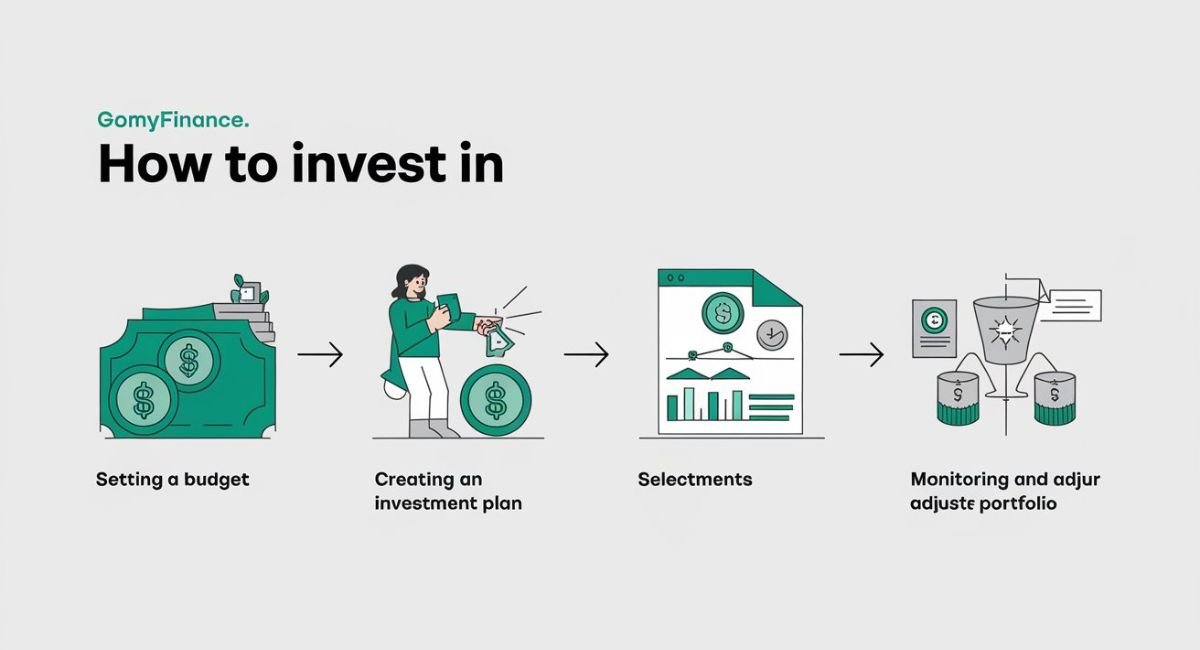This is usually fun and not necessarily fun when you are buying a house in Kentucky. Of all the facts, which are critical to be taken by everyone throughout this process, one of them would be what actually constitutes Kentucky finance contingency. What it does, however, is describe just how relevant this thing is to homebuyers and what bits of data are valuable.
What is a Finance Contingency?
Probably among the hardest and quite prohibitive conditions that a buyer can offer in a real estate contract is a finance contingency. It will give them the right to withdraw from the sale, if a financing of the home is out of reach.

In short, it means, if the buyer has not been able to arrange a mortgage or loan to finance the house, then he can back out of the contract with no penalties to him.
Why is a Finance Contingency Important?
Finance contingencies safeguard the buyer and clarify the legal status so that if the buyer cannot obtain the finance or the funds to complete, they are not losing their earnest money or facing lawsuits. It is clear to all the buyers as to what and when to do throughout the home purchase process.
Key Insights into Kentucky Finance Contingency
1. Understanding the Basics
In Kentucky, or at least in the areas of Louisville, Lexington, and Northern Kentucky, you include a finance contingency to the offer of the house. It normally qualifies your offer by stating that the offer is subject to the availability of financing. It means that if you cannot arrange a loan then you have an option of opting out of the deal.
2. The Loan Approval Process
The loan approval process involves several steps:

- Pre-Approval: This is the first step. It is where you share your financial details with a lender. They review your financial status and provide you a credit report of the amount that can be lent to you.
- Application: When you identify a home you want to buy, you complete a standard loan application. It shows that the lender goes through it and also examines your credit history.
- Underwriting: This is the part of the process where the lend determines whether or not you qualify for the loan. They evaluate their probability of extending credit to you by putting into consideration your financial status.
- Closing: If approved, you then sign the loan documents when you meet your lender at the closing. The lender then comes to extend the actual money required to purchase the home.
3. Types of Financing
In Kentucky, homebuyers can choose from different financing options:
- Conventional Loans: These are not given by the government; they usually have higher credit score prerequisites.
- FHA Loans: Conventional loans that are backed by the federal housing administration for this purpose are usually favored by first-time buyers. They accept lower credit scores and down payment compared to the traditional banks.
- VA Loans: VA loans are available to veterans and active military personnel and typically do not call for any money down.
- USDA Loans: For the rural buildings, these loans are provided by the US Department of Agriculture and are charged at a fairly low interest rate.
4. Timing is Key
It is important for those who are planning to buy homes in Kentucky to know that time is equally important. You are restricted by time on the number of days you have from the time they accepted your offer to source for a financier. If you do not exercise such a right within such a duration you will have waived your right to void the contract.
5. What Happens If You Can’t Secure Financing?
If you cannot get financing, you should let the seller know as soon as possible. You can cancel the contract based on the finance contingency without penalty, but you would have to back this up, for example by showing a letter from a mortgage company denying the loan.
6. The Role of Earnest Money
When you do make an offer, earnest money is usually part and parcel of the entire deal. It is a deposit that can prove you are serious and good money probabilities that you will get it back should you leave based on some financial conditions. You could lose it for other reasons also. Such a relationship could be ended for other reasons as well.
Table: Key Terms Related to Kentucky Finance Contingency
| Term | Definition |
| Finance Contingency | A clause allowing buyers to withdraw from a contract if they cannot secure financing. |
| Loan Approval Process | The steps involved in securing a mortgage or loan for a home purchase. |
| Pre-Approval | An initial assessment by a lender of how much a buyer can borrow. |
| Underwriting | The process of evaluating the risk of lending money to a buyer. |
| Earnest Money | A deposit made by a buyer to show commitment to purchasing a home. |
FAQs
What if I have a pre-approval letter?
A pre-approval letter is a good start. It shows sellers that you are serious. However, it does not guarantee financing. You must still complete the loan approval process.
Can I remove the finance contingency?
Yes, you can choose to remove the finance contingency. However, this means you are responsible for securing financing. If you fail to do so, you may lose your earnest money.
What should I do if my financing is denied?
If your financing is denied, notify the seller immediately. Provide the necessary documentation to prove your claim. You can then back out of the contract without losing your deposit.
How long does the finance contingency last?
In Kentucky, the duration of the finance contingency varies. Typically, it lasts from 14 to 30 days, but this can be negotiated in the contract.
Is it necessary to have a finance contingency?
While not legally required, having a finance contingency is highly recommended. It protects you as a buyer and ensures you can back out if financing falls through.
Can I negotiate the finance contingency?
Yes, you can negotiate the terms of the finance contingency with the seller. This may include the length of time you have to secure financing or other conditions.
Conclusion
Kentucky finance contingency is therefore important for every homebuyer in order to find better ways of financing their home purchases. It provides cover during home purchase and enables the buyer to manage funding challenges, independently. Having knowledge on what goes around to secure a mortgage as well as the meaning of the finance contingency places you strategically on the driver’s seat when it comes to decision making. So it is very important to remain positive, talk to the lender, and learn more about your rights – and so you can effectively go through this whole process of purchasing the home in Kentucky.




